by Sgt. 1st Class Mark Bell
81st Regional Support Command
FORT JACKSON, S.C. -- From a short history lesson to tasty foods, dozens of 81st Regional Support Command Soldiers, civilian employees and contractors spent more than 90 minutes celebrating a lifetime of Hispanic heritage.
As part of the month-long national celebration, the Army Reserve command, based here, took time out of their base operation missions to remember the past accomplishments of the Hispanic community.
"It's important to observe ethnic observances, because we learn so much about other cultures and we understand why people do things a little differently than us," said Juan Rivera, who grew up in Dorado, Puerto Rico and joined the Army in 1986 as a communication specialist.
Rivera, who retired in 2009 and joined the Aca,!A"WildcatAca,!A? team shortly after as a civilian information management specialist, said it is important for the Soldiers and civilians of the command to learn from others and understand where they come from to help develop a more cohesive team.
Aca,!A"For me, as a proud Puerto Rican is to share the name of the 65th Infantry Division, Borinqueneers, an all Puerto Rican regiment that fought in both world wars and Korea,Aca,!A? he said after serving 23 years on active duty. Aca,!A"Hispanics have worked their way in history, and the Borinqueneers are a legacy.Aca,!A?
As Latino music played in the background, several Hispanic Soldiers and civilians were available for questions from curious minds.
For Sgt. 1st Class Osvaldo Santiago, an Active Guard Reserve Soldier from Ponce, Puerto Rico, being able to celebrate his heritage at work was great but helping others understand his culture was more exciting.
"I would like them to understand that we are Americans, and there really isn't much difference on the inside," he said. "We have the same family values as other cultures. We love our children and hope they grow up to be positive role models in their communities."
Santiago said he hopes others realize that Hispanic people have been through a lot and have struggled in the past, but they have contributed to make today's society a better place to live.
From David Glasgow Farragut, a Hispanic who was the first Admiral of the U.S. Navy, played a decisive role in the final outcome of our Civil War and was credited with the battle cry "Damn the torpedoes! Full speed ahead," to Sonia Sotomayor, the first Hispanic United States Supreme Court Justice; Santiago said Hispanics have been there since the founding fathers were mapping out a new America.
"We are educated Americans sitting in key roles in corporations and the federal government," he said. "It's exciting to see our culture impact America in a positive way."
The once empty tables lining the side walls of a conference room and atrium in the Spc. Thomas Caughman Army Reserve Center were soon filled with dozens of delicacies from a variety of Mexican casseroles to the popular small powdered wedding cookies.
In Puerto Rico, Rivera said rice and beans, or arroz con habichuelas, are sacred and considered a cuisine. Aca,!A"They are our Aca,!Eoedaily bread,Aca,!a,,c or our comfort food,Aca,!A? he said.
He laughed and said in Puerto Rico these two items are the soul food of Puerto Rico. Aca,!A"There, no one messes with someoneAca,!a,,cs rice and beans,Aca,!A? he said.
One non-Hispanic Department of the Army civilian employee filled her plate full new foods and great conversations about the different tastes.
"I love to try different foods," said Maria Knowles, a supply management specialist assigned to the command. "I like eating. Food is my friend."
Knowles said Americans tend to be desensitized when it comes to food.
"Society as a whole needs to start looking at eating healthier,Aca,!A? she said. Aca,!A"Change is good for us all. It helps us to understand one another better.Aca,!A?
Knowles said the small celebration was more important than tasting new foods, but was more about the whole experience of a different ethnic culture.
From the small Caribbean island to the Midlands of the Palmetto state, Rivera said America is a melting pot of cultures, ideals, values and morals. He said is imperative to recognize and celebrate different nationalities that form the 50 states and numerous U.S. territories like Puerto Rico.
"We, as a society, need to learn about other cultures and their beliefs and values," Rivera said. "If we do that, we are able to truly become a melting pot of the world."
Whether they were learning bits of a different language or tempting their palates with new tastes, the celebration organizers hoped the Wildcat team walked away with a better understanding of the Hispanic heritage and culture.
"It's impossible to celebrate all of the many cultures and heritages in this country," said Master Sgt. Maria Colon, a human resource specialist with the 81st RSC. "But, as a nation and as an Army it is important that we observe those that we can.Aca,!A?
Colon grew up in Bayamon, Puerto Rico and joined the Army in 1979 and said people must realize and understand that American was built on different cultures.
Aca,!A"To understand these different, unique cultures help us better understand who we are as Americans,Aca,!A? she said. Aca,!A"What makes our Army and other branches of service so significant is not our weapons we used to engage the enemy but the service members who stand behind those weapons and put their lives on the line every day to protect the freedoms for others -- which we take for granted here in America.Aca,!A?
Colon said the tens of thousands of Hispanics who serve next to African Americans, native Americans, Asians and other nationalities serve under one commander in chief and wear one flag on their uniform Aca,!" the red, white and blue of Aca,!A"Old Glory.Aca,!A?
Aca,!A"I am proud to stand here and say I am a Hispanic American serving in the Army Reserve,Aca,!A? she said. Aca,!A"What better life would I live' I get to serve my country that promotes equality and diversity.Aca,!A?
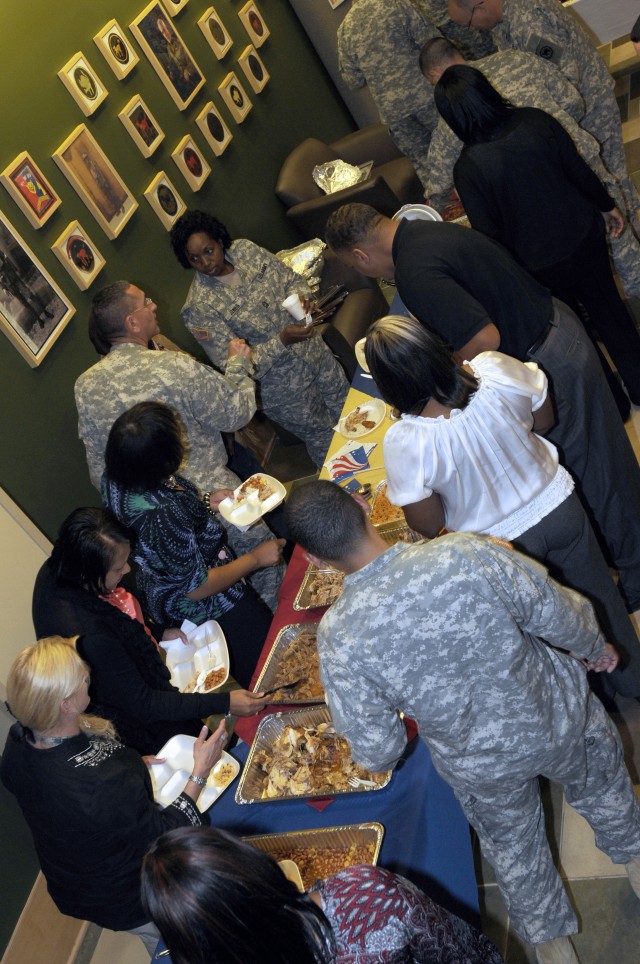
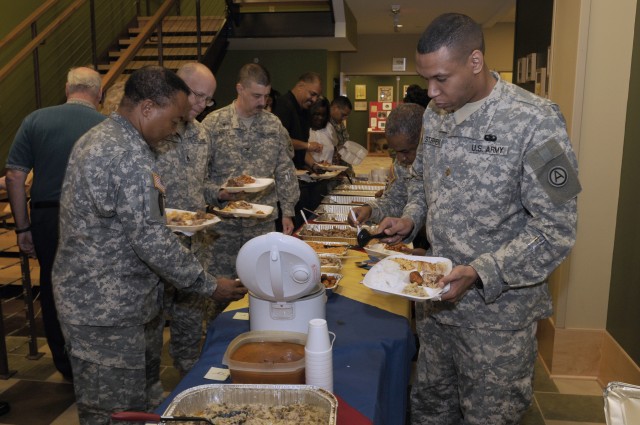
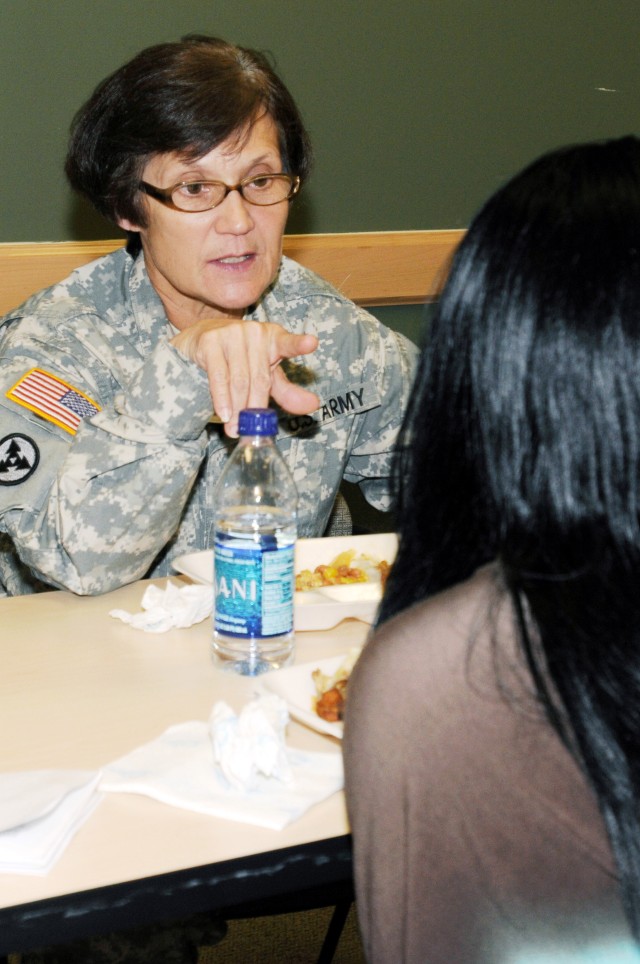
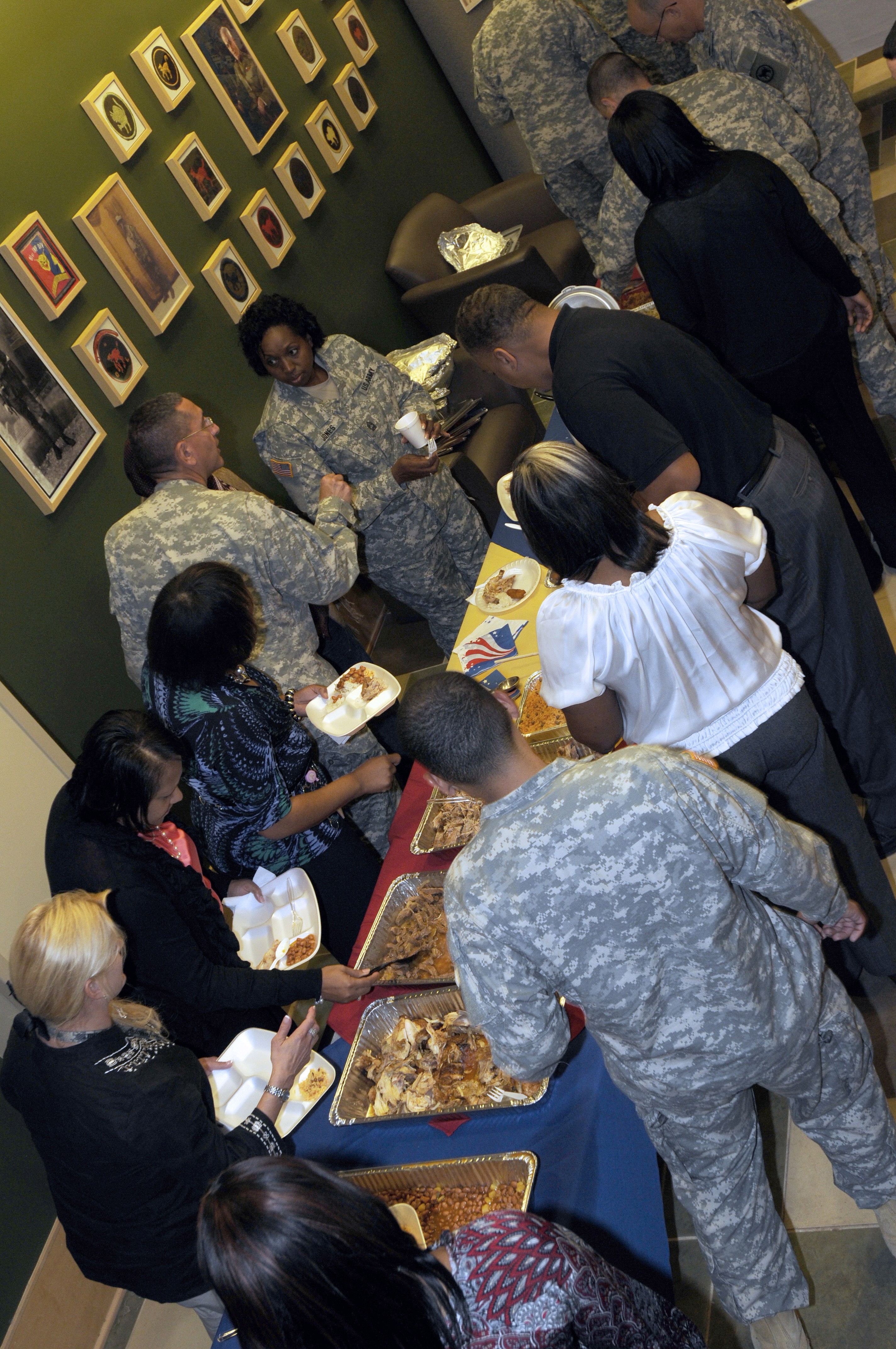
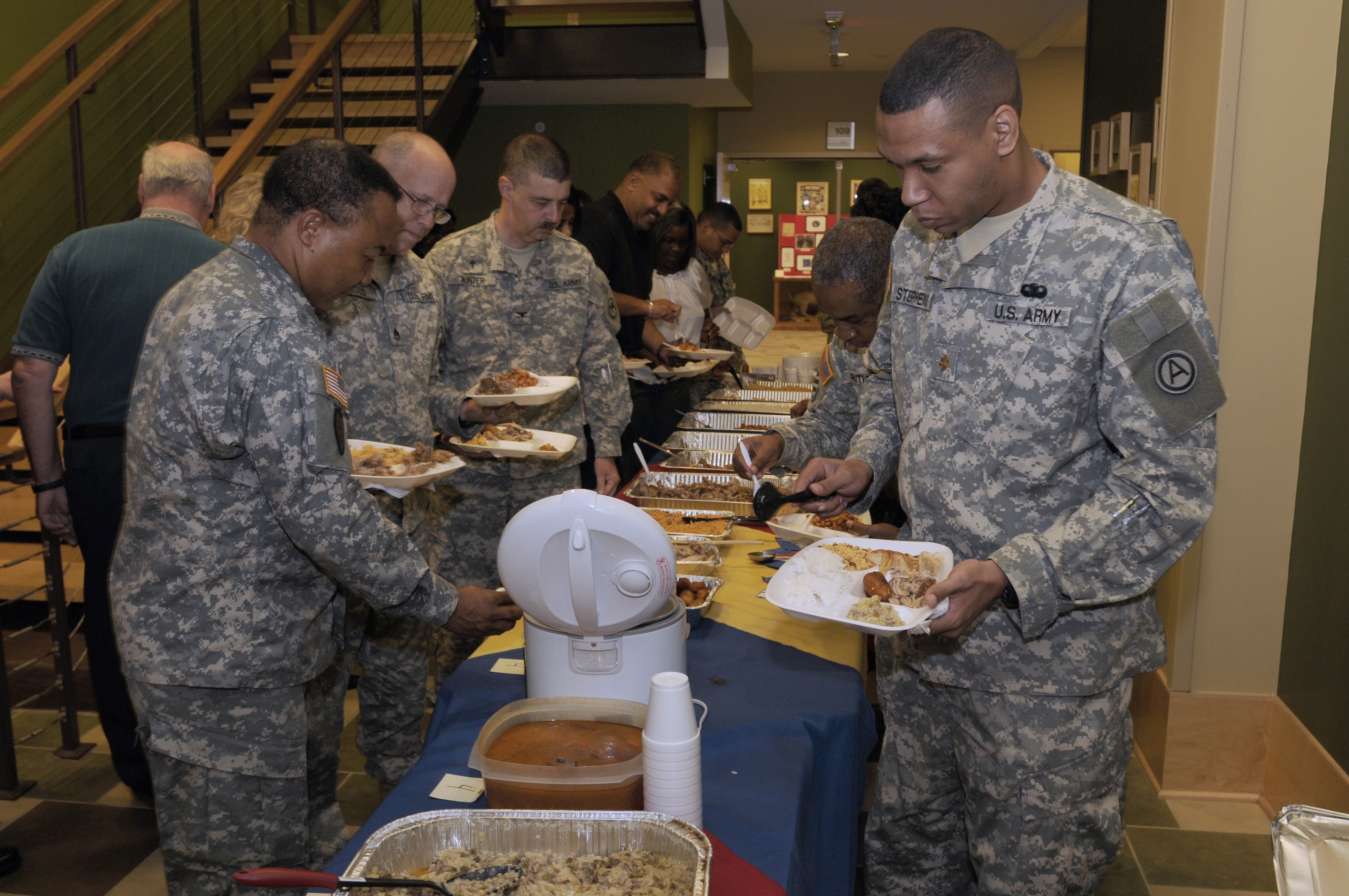
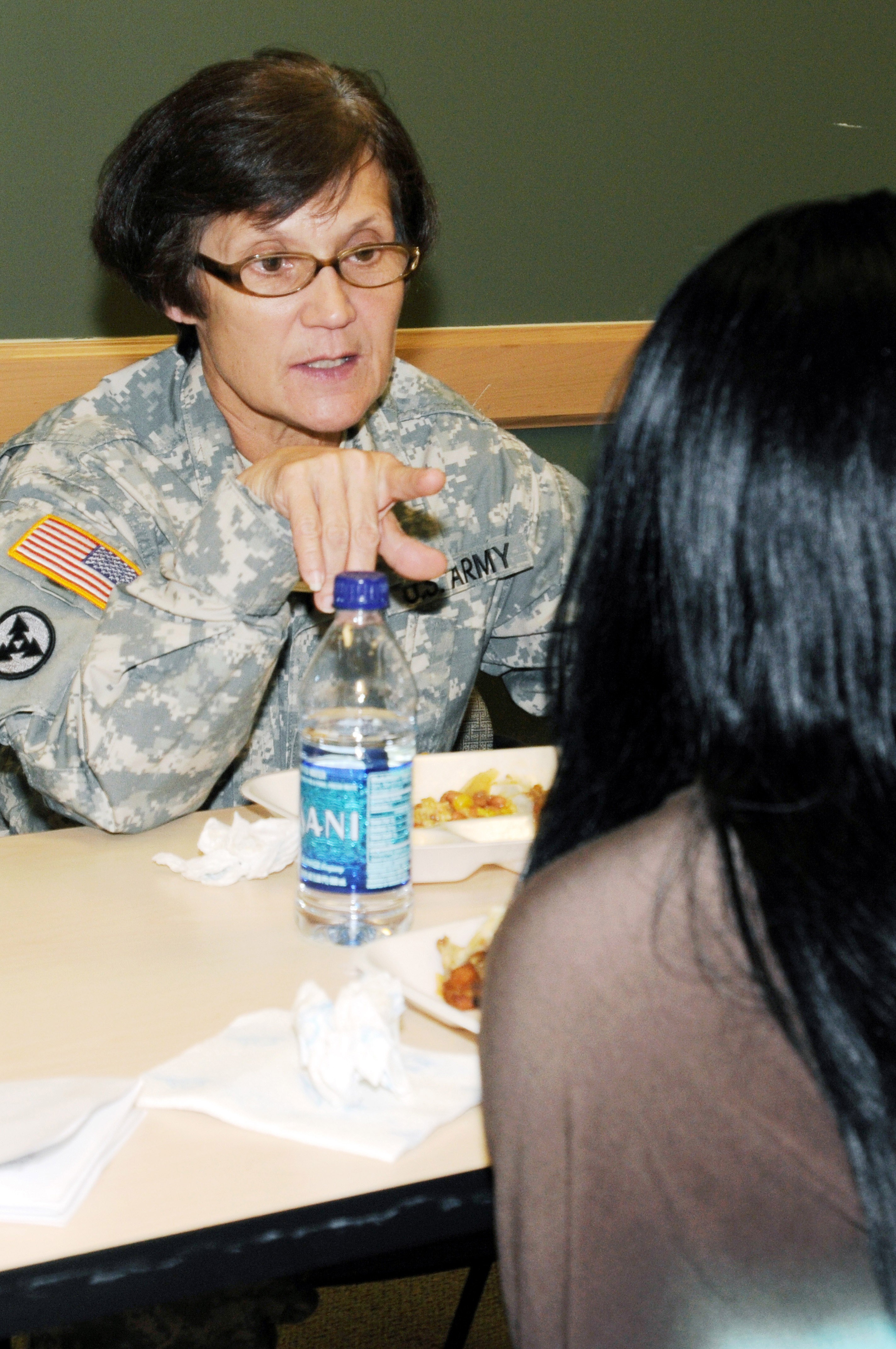
Social Sharing